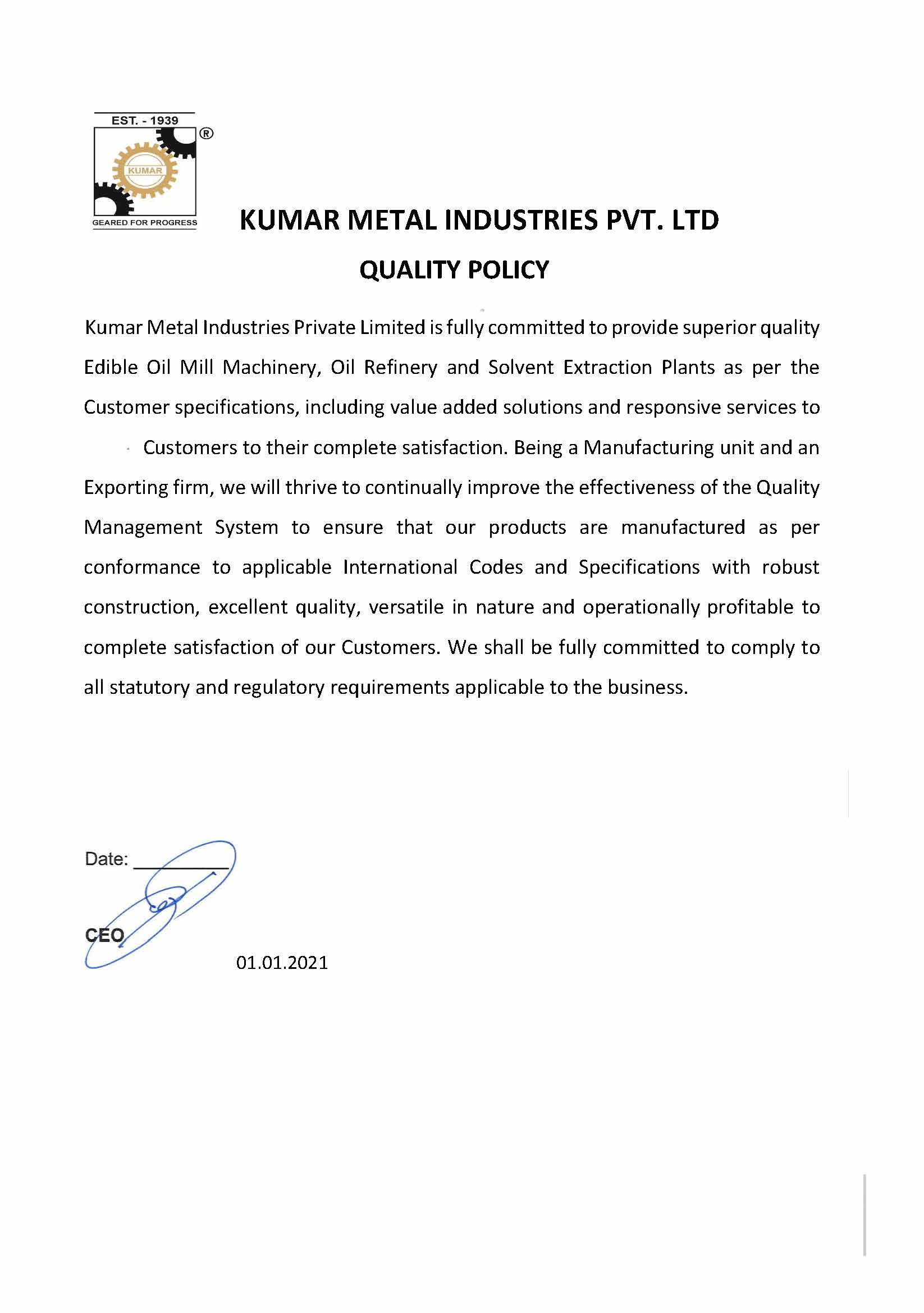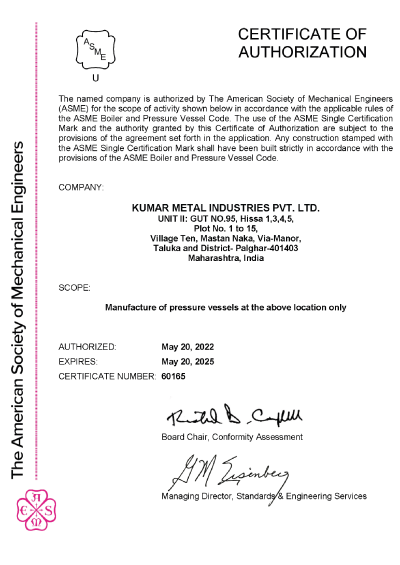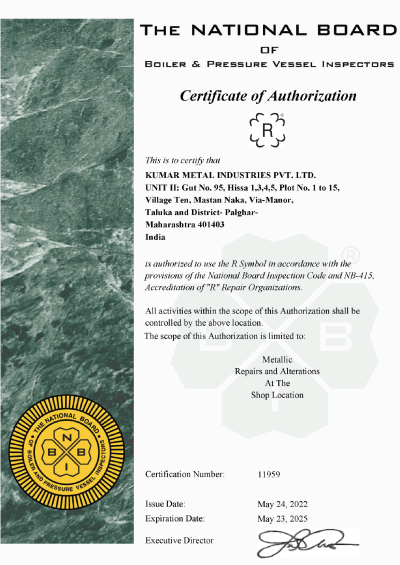
Rapeseeds are also known as mustard seeds. There are many genetic varieties or hybrids of rapeseeds or mustard seeds which are widely cultivated in various regions of the world. Many of these varieties are used as spices or condiments in food preparations. Specific varieties rich in oil content are used to extract the vegetable oils which are consumed in food as well as non-food or industrial applications. The triglyceride oil extracted from these seeds differs in several aspects to some extent. Scientists have developed some genetically modified varieties designed to produce specific fatty acid compositions.
The present article reviews different varieties of rapeseed and mustard seeds used to produce the oil and erucic (C22:1) acid toxicity.
MUSTARD SEEDS
Mustard seeds generally refer to the small, round or spherical seeds (about 1 to 2 mm in diameter) of any of the three plant species – Brassica nigra (Black Mustard), Brassica juncea (Brown Mustard) or Sinapis alba (White Mustard). These mustard seeds vary in colour from yellowish white to black.
Mustard seeds are important primary spice or condiment used directly in a variety of daily food preparations to impart a unique flavour, mainly on the Indian subcontinent. They are fried in cooking oil along with other items while preparing vegetables and fish curries. Mustard oil is used as an important ingredient of pickles, especially of green mangoes, for its pungent smell. It is also predominantly used as a cooking medium in South Asian cuisine. Mustard oil is also used for body massage during extreme winters, as it is thought to keep the body warm.
These seeds are also used in food preparations in the Mediterranean countries, Americas, and Africa. Yellow mustard is popular in the USA.
When ground and mixed with water, vinegar, salt and liquids such as lemon juice, wine, as well as other flavourings and spices, these mustard seeds form a paste or sauce with color ranging from bright yellow to dark brown. This sweet to pungent spicy tasting paste is known as condiment or prepared mustard. The many varieties of prepared mustard condiments have a wide range of strengths and flavours, depending on the variety of mustard seeds and the method of preparation. The basic taste and “heat” (or hotness) of the mustard are determined mostly by the seed type, preparation and ingredients. Mustard condiments prepared from white mustard seeds have a less pungent flavour than the preparations made from black or brown mustard seeds. The temperature or water used and concentration of acids such as vinegar also determine the strength of these mustard preparations. Hot liquids and stronger acids denature the enzymes that make the strength-producing compounds. Thus, “hot” mustard is made with cold water, whereas using hot water produces milder condiment, all else being equal.
The mustard paste condiment is widely used in the western countries. This prepared mustard paste or condiment is commonly used on sandwiches, hamburgers, sauces, glazes, dressings, soups, pretzels, etc. It is also used at the table on cold and hot meat dishes. Mustard paste condiment is also used as an ingredient of mayonnaise, barbecue sauce, etc.
In the Netherlands and northern Belgium, mustard seeds are commonly used to make mustard soup, which includes mustard, cream, parsley, garlic and pieces of salted bacon. Being an emulsifier, prepared mustard can stabilize a mixture of two or more immiscible liquids, such as oil and water.
Mustard plants grow well in temperate regions. Brown and balck or the oriental varieties of mustard tend to give higher yields compared to yellow mustard. Major producers of mustard seeds include India, Pakistan, Canada, Nepal, Hungary, UK and the USA.
Mustard seeds of all the above three varieties contain about 30% (even as high as 48%) triglyceride oil which is rich in erucic (C22:1) acid. This vegetable oil is obtained by pressing the mustard seeds or by solvent extraction. In some countries, the high erucic acid content is considered as toxic for human consumption. Therefore, the sale of such high-erucic acid mustard seeds and oils are restricted.
Mustard oil has a distinctive pungent taste or flavour due to the presence of allyl isothiocyanate, a phytochemical present in the plants of the mustard or Brassicaceae family (e.g. mustard, horseradish, cabbage, wasabi). Seeds of black mustard (Brassica nigra) or brown Indian mustard (Brassica juncea) produce allyl isothiocyanate. However, the white mustard (Brassica hirta) does not yield allyl isothiocyanate but a different and milder isothiocyanate.
In addition to the triglyceride oil, mustard also contains a volatile essential oil, which can be obtained by grinding the mustard seeds, mixing the grounds with water, and extracting the volatile oil by distillation. It can also be produced by dry distillation of the mustard seeds. This mustard essential oil has a sharp pungent taste as it contains more than 92% of allyl isothiocyanate.
RAPESEEDS
The small, rounded, black-coloured seeds of the plant Brassica napus are referred to as rapeseed or just rape or oilseed rape. Plants of this species have bright yellow coloured flowers and belong to the botanical family called Brassicaceae (also called mustard or cabbage family). This species encompasses winter and spring oilseed rape as well as the vegetable and fodder rape. There are many other varieties of Brassica species which are cultivated in different parts of the world for varying purposes.
Oilseed rape is generally cultivated as an important source of vegetable oil, which contains significant amounts of erucic (C22:1) acid.
In Europe, winter rapeseed is grown as an annual break crop in three to four-years rotations with cereals such as wheat and barley, and break crops such as peas and beans. Spring rapeseed is cultivated in Canada, northern Europe and Australia, as it is not winter-hardy.
Rapeseed is the third-largest source of vegetable oil after soybean and palm and the second-largest source of deoiled meail or protein meal in the world after soybean.
CANOLA
Cultivars of rapeseed with very low levels of erucic acid have also been developed and are known as canola. These are used for human and animal food. These canola varieties are also cultivated, mainly in the western countries, for producing low-erucic acid vegetable oil.
Canadian agricultural scientists launched a marketing campaign to promote canola consumption in 1973. Rapeseed, oil and protein meal derived from these canola cultivars which is low in erucic acid and low in glucosinolates was originally registered as a trademark in 1978, of the Canola Council of Canada, as “canola”. It is now used as a generic term for edible varieties of rapeseed with low erucic acid. However, canola is still officially defined in Canada as rapeseed oil that “must contain less than 2% erucic acid and less than 30 µmol of glucosinolates per gram of air-dried oil-free meal.”
GMO VARIETIES
Genetically modified (GMO) varieties of rapeseed have also been developed and cultivated. One such GMO variety was developed in 1998 for the pesticide glyphosate tolerance. It is considered to be the most disease-resistant and draught-resistant canola variety.
The Monsanto company has developed genetically engineered new cultivars of rapeseed to be resistant to the effects of its herbicide, Roundup. This variety was introduced in the Canadian market in 1998.
TOXICITY
Erucic (C22:1) acid may have toxic effects on the heart at high doses. As mustard oil contains high levels of erucic acid, mustard oil is not allowed to be imported or sold in the USA for use in cooking, except for those products with exceptionally low erucic acid content.
However, edible grade refined mustard oil with high erucic acid content is available for food applications on the Indian subcontinent.
An association between the consumption of dietary erucic acid and increased myocardial lipidosis, or heart disease, has not yet been established for humans. However, the known facts about erucic acid provide enough reason to expect that humans would be susceptible to this effect.
Request a callback
Since 1939, Kumar has been delivering dependable process engineering solutions to the oils and fats industry. We're known for our robustly engineered, versatile, and operationally profitable plant and machinery. It's why customers all over the world depend on us to solve their processing challenges, big or small. If you'd like to know more about our solutions, please fill out the form below:
"*" indicates required fields



















